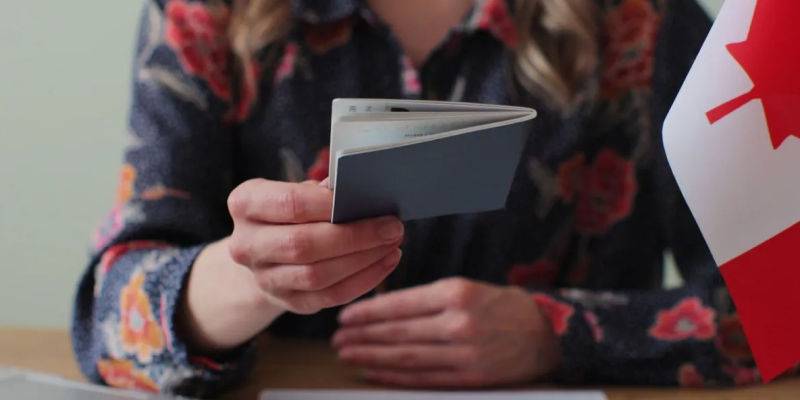When we talk about the best countries to live, work, study or visit abroad, Canada is one of the most popular options!
However, before coming to Canada, it is necessary to get a Canadian visa.
If you are looking into visiting Canada, there are two types of visas that you may apply for: the eTA – Electronic Travel Authorization, or the conventional visitor visa.
It is worth remembering that applying for a visa does not guarantee authorization to enter Canada – your process will be carefully reviewed by an Immigration officer, who will decide whether to approve or refuse your application.
The ETA – Electronic Travel Authorization is equivalent to a visitor visa, but only selected foreign nationals qualify for this type of visa. It is a more affordable and faster option to obtain a visa to Canada.
The ETA is only accepted when entering the country by air. If you plan to enter by sea or land, consult an immigration consultant for more information.
The traditional visa, also known as TRV (Temporary Resident visa), is required for all types of entry into Canada (land, sea or air), except if you qualify for an ETA or visa exemption.
To apply for a visitor visa to Canada, you are required to provide the following documents:
– A valid passport, including a copy of the passport page containing your name and other personal data, your photo and document number;
– Proof of financial means (including how you will pay for your trip to Canada) and other supporting documents demonstrating how you obtained those funds.
– Personal documents such as National ID, birth and marriage certificates.
– Additional documents that support the purpose of your travel.
– For applicants under 18 years of age, you must also present an authorization to travel signed by your parents or guardians.
Suppose the person responsible for the costs of your travel is a third party (that is, another person or company). In that case, a sponsor letter must be provided, written by the person responsible for the costs of your trip, stating the names of those involved, the relationship between you and them, and the number of their personal documents – along with supporting documents.
Note: Required documents may vary according to your country of citizenship or residence.
IMPORTANT: All documents not originally in English or French must be translated.
For more information about translations, contact us.




